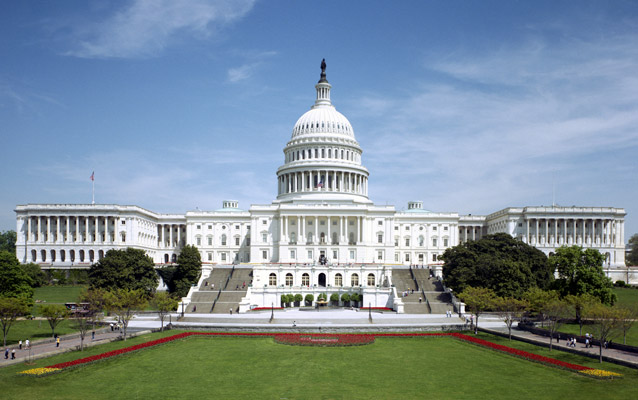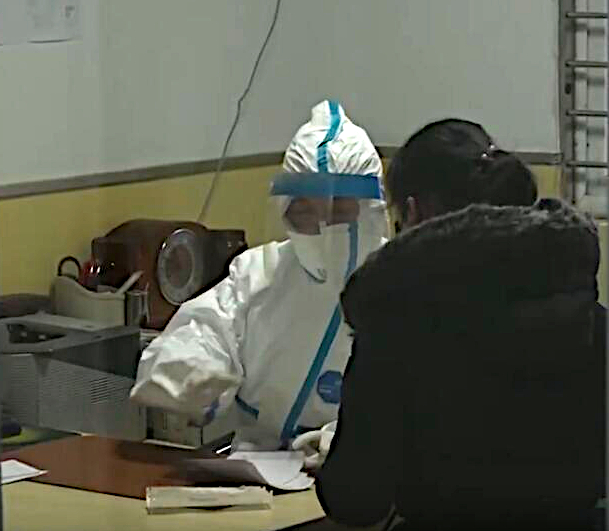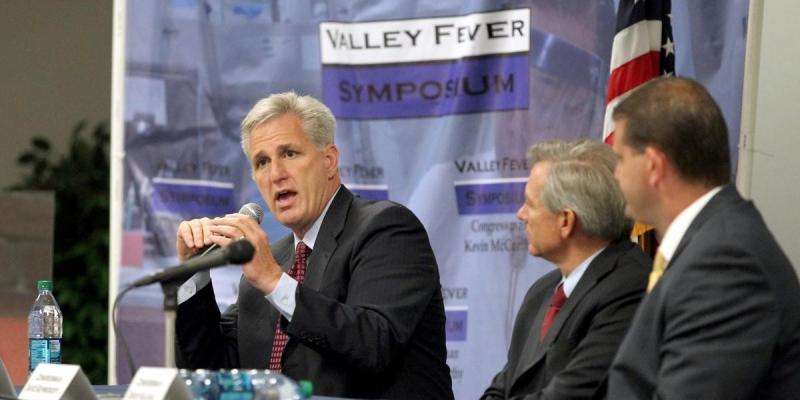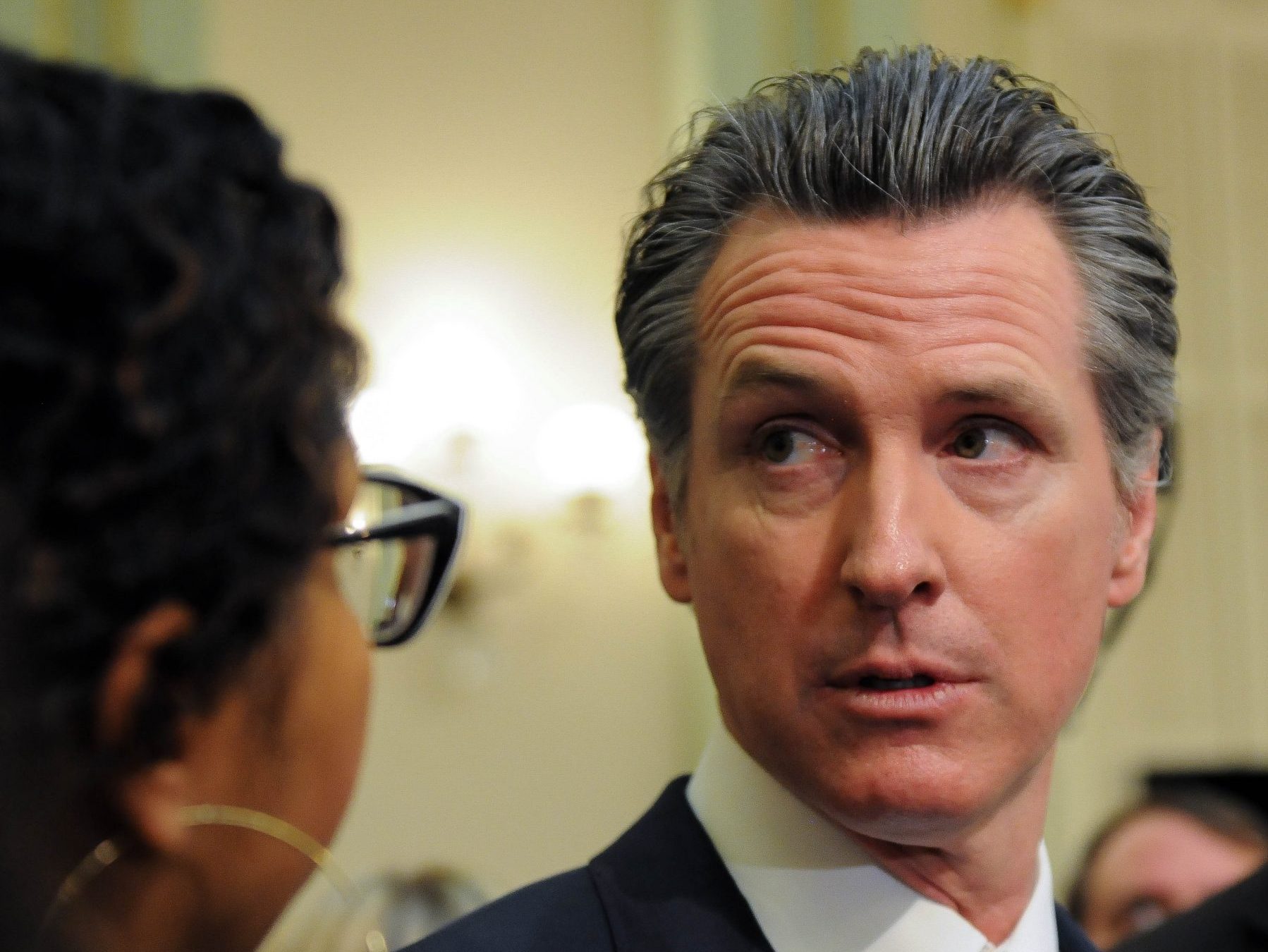
U.S. Capitol Building in Washington, DC. (Photo: U.S. National Parks Service)
House Subcommittee Releases Report into SF-Based One Medical’s ‘Flawed Administration of Coronavirus Vaccines’
‘We’ve been quick to forget just how hectic things were in the early months of the vaccine’
By Evan Symon, December 27, 2021 10:42 am
A Congressional report released last week found that membership-based primary care practice company One Medical only gave COVID-19 vaccine access to members and employees within the company rather than medical workers and other initial tiers early on in the vaccine rollout in late 2020 and early 2021.
One Medical continued to receive a strong reaction from the public this week, with the company responding that the report had been largely one-sided.
According to the House Select Subcommittee on the Coronavirus Crisis report, compiled over a nine-month investigation, the San Francisco-based company did not fairly distribute COVID-19 vaccines fairly in the early days of the vaccine rollout, and focused more on ways to make money from it rather than straight distribute it.
One way One Medical was found to have done this was through using the vaccines to increase memberships for concierge medical services. In December 2020, a One Medical executive noted, “We should be really focused on how to capitalize on this visibility. … how can we take advantage of the vaccine interest to conver [sic] to our other company objectives. The only way people can get a vaccine is if they are a member…so we need to make it easy to sign up….and cheap possibly.”
While some free trials were given, some customers trying to get the vaccine noted that they had been “tricked” into getting a membership when they only wanted a vaccine, with many employees noting that more customers were joining just to get vaccine access and many local Public Health departments finding that One Medical was demanding credit card information before access to vaccines. Despite many being confused at the “join to get free vaccines” rollout, One Medicals endeavors managed to bring in at least 399 new customers as paying members according to the report.
The Subcommittee also found that One Medical had saved vaccines for “clubhouse” employees, their term for higher ups in corporate, before distributing to health care workers and first responders. One Medical Chief Medical Officer Andrew Diamond was quoted to having said that the issue with the clubhouse was worrying him over the possible “bad PR,” with employees being told to not talk about the clubhouse employee vaccination plan. Non-eligible patients were also given early access to vaccines through self-booking, coming in before both healthcare workers and seniors. One Medical’s Chief Executive Officer and President Dr. Amir Dan Rubin was specifically called out by the report for emails showing that he coordinated to vaccinate special clients, important business contacts, and family members before they were eligible.
Finally, the reported noted that One Medical had helped fuel the early disparity of vaccinations not reaching vulnerable communities in California through it’s offices in the San Francisco, Los Angeles, and San Diego areas, as ell as in other nationwide locations.
The House report on One Medical
In response, One Medical responded during the weekend that the Congressional findings had mischaracterized the information given to them, presented many things out of context, and were not allowed to respond to the findings for context. They noted that the Subcommittee had not found a single case of a vaccine being given to someone in favor over another who had been in line to receive it and even fired employees who had not been following vaccine procedure rules.
“The congressional memo is grossly one-sided and frequently mischaracterizes material that One Medical provided in cooperation with the subcommittee,” said One Medical during the weekend. “The information we provided that did not fit their predetermined narrative was blatantly excluded in favor of cherry-picked snippets taken out of context. In addition, the company was not given the opportunity to address the staff’s findings before the memorandum was released.
“Despite the report’s insinuations to the contrary, after months of investigation by the subcommittee, they did not find a single case where any individual was placed at the front of the line to the detriment of another person. If scheduling assistance was provided it was done so for eligible people and by using the same scheduling tools the company was using to book appointments for thousands of other individuals.
“One Medical responded promptly to concerns in real time, including terminating employees who did not adhere to the vaccine rules, strengthening its eligibility verification processes, and responding quickly to issues brought to its attention by public health authorities.”
Strong denouncement of the House report
Many healthcare workers familiar with One Medical’s practices in the early months of the vaccine rollout, as well as with similar companies, tended to side with the company over their representation in the report.
“We’ve been quick to forget just how hectic things were in the early months of the vaccine,” said James Cassidy, a medical professional who helped administer COVID-19 vaccines this year, to the Globe on Monday. “There were no real existing systems to help facilitate it, and we had fly-by-night vaccine appointment scheduling and drive-in sites where you got a shot in a parking lot. Of course there would be kinks and oversights. The House is trying to make it look like some companies were acting maliciously and taking the vaccines out of the arms of nurses who needed them. But that’s not what really happened.”
“There may have been a few people who got it earlier or ‘reserved’, but it was either out of the hectic-ness of the time or the Subcommittee misreading into what happened. Like having shots ‘saved’ for you. In reality, it often meant that you would be getting a vaccine as soon as you were able to, or that some vaccines were about to go bad and that they needed to be administered now to anyone, so some people got them early out of necessity. Context and reality often are not as sensational as a few quoted emails.”
“Really, the subcommittee report is like someone reading a movie review where the reviewer found it to be pretty good but didn’t, say, like the soundtrack. Then the reader thinks the movie is bad because all they saw was that the soundtrack was bad. I mean, nine months of investigation and there was no smoking gun. Seems off to me.”
The Subcommittee, chaired by Congressman James Clyburn (D-SC) is expected to release further reports in the coming year.
- San Diego Country Supervisor Jim Desmond Calls San Diego New Epicenter Of Illegal Crossings By Migrants - April 27, 2024
- Oracle Moving Headquarters Out Of Austin Only 4 Years After Moving Out Of California - April 26, 2024
- Congressman Adam Schiff Robbed of his Luggage in San Francisco Car Break In - April 26, 2024




